The evening of November 29 saw the 1st Tsinghua Higher Education Forum initiated by Tsinghua University in Beijing, themed by “New role of universities in a changing world: Big issues to shape emerging futures”. Du Yubo, President of the China Association of Higher Education, Wang Xiqin, President of Tsinghua University, and Nicholas B. Dirks, the 10th Chancellor of the University of California, Berkeley attended the opening ceremony of the Forum, presided over by Yang Bin, Vice President of Tsinghua University.
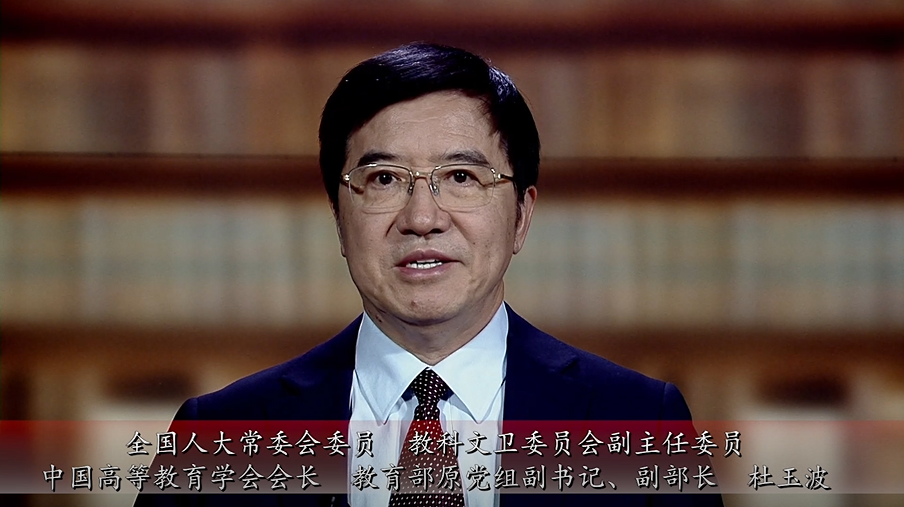
In his video speech, Du Yubo first expressed his congratulations on the convening of this Forum. He emphasized that China, as a major developing country, has put forward a major initiative to build a community with a shared future for mankind in the face of major changes unseen in the world today, which has responded to global issues and proposed what mankind should do. As an indispensable and important driving force for building a community with a shared future for mankind, universities shoulder important responsibilities such as talent training, scientific research, social services, cultural inheritance and innovation, and international exchanges and cooperation. Facing the future, universities must train qualified talents, build an international academic community, and expand international exchanges and cooperation. Cooperation is a historic trend, and win-win is what the people want. We need to jointly foster the quality development of higher education, and make new and greater contributions to the building of a community with a shared future for mankind and creating a new form of human civilization.
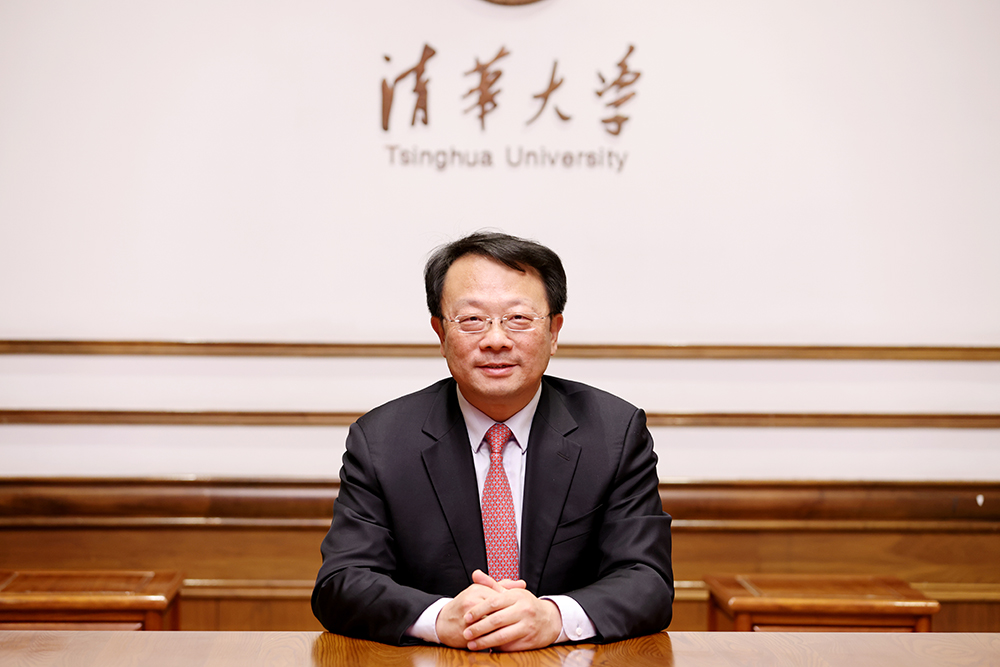
Wang Xiqin extended a welcome to all the guests, experts and scholars present at the Forum. He pointed out that the the world today is confronted with accelerated changes unseen in a century, which has profoundly affected the process of global higher education. Higher education has entered a new stage of development, taking on characteristics of the new era. First, the emergence of new disciplines as well as subject differentiation are more and more contradictory to the interdisciplinary solutions of multifaceted issues. Second, universities’ reputations and scholars’ reputations increasingly enhance each other. Third, the methodologies of sciences and arts increasingly overlap. And fourth, university education and socioeconomic development are increasingly intertwined. The current development of higher education showcases that universities undergo integration in many ways.
For more than 110 years, Tsinghua has greatly valued the integration of China and the world, the past and the present, the arts and sciences, embarking on a path of interrelated development. The future of Chinese universities will also embrace the engagement with an array of diverse cultures, arts and sciences, the past and the present. This approach to development means that China’s university education should better combine global analytical thinking with Chinese correlative thinking, combine people’s inner quality and social role, and integrate arts, which focus on sensibility, and sciences, which focus on rationality, so as to achieve all-round development. It also means that universities should combine the competition-dominant market approach with the regulation-dominant planned approach for a better university governance model and overall social progress.
Wang added that he hoped all experts and scholars at the Forum to have in-depth exchanges and discussions, shed some new light on the development of higher education, and make intellectual contributions to the development of human society. He also hoped that there would be more sessions of the Tsinghua Higher Education Forum in the future, so as to serve as a brand new and outstanding platform for discussions on the development of global higher education.
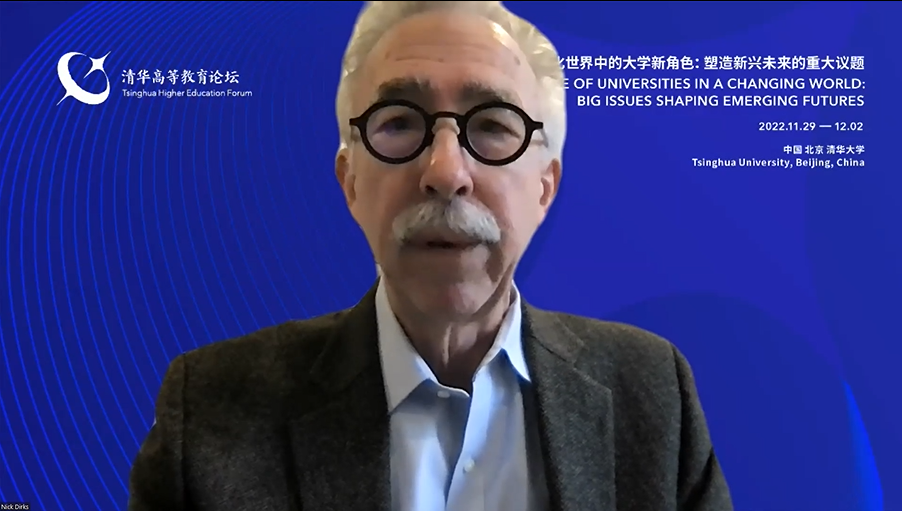
Nicholas B. Dirks discussed universities’ ideals in the 21st century. He started his speech with the 19th century educator Cardinal Newman’s philosophy on universities, “knowledge for knowledge’s sake”, and proposed that liberal arts education is an important goal of school education, and that liberal arts education and science and technology education should be closely integrated. Speaking of his own experience, Dirks said that the philosophy of the University of California, Berkeley is the “California Idea” in the 20th century. In the 21st century, universities need to train students with comprehensive thinking, learning and research capabilities, and must provide education and research opportunities for students from a wider society. The idea of universities will be the most critical idea for future prosperity, safety, health, intellectual well-being for all.
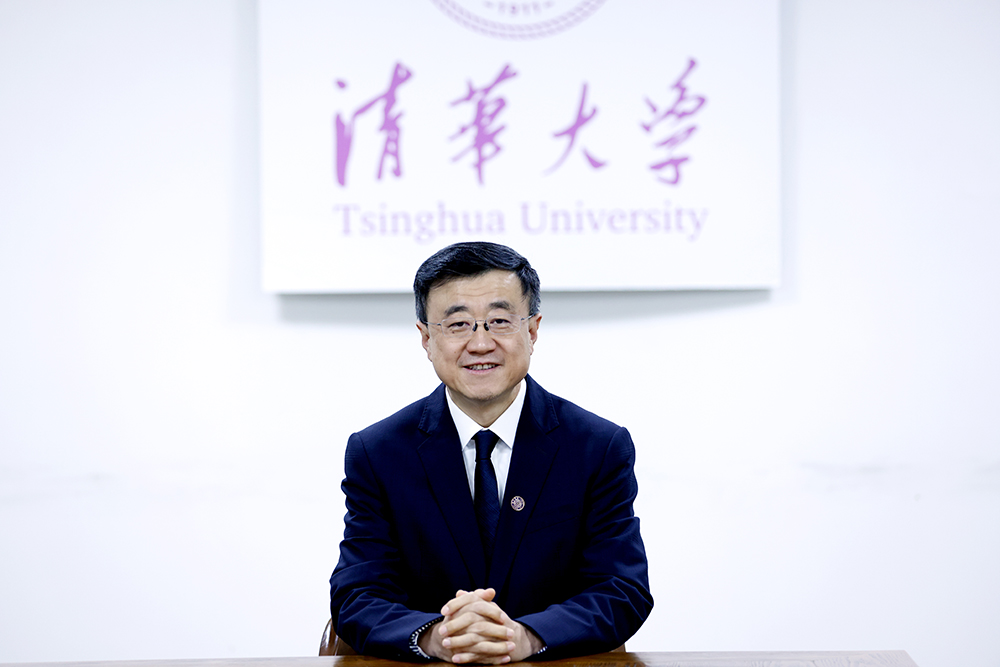
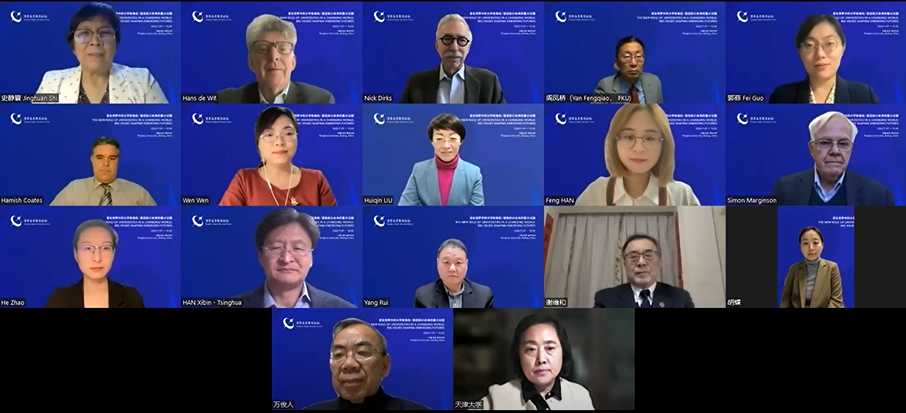
Sub-forum 1 took place under the theme of “Revisiting the Ideal of a University”. Xie Weihe, one of the Distinguished Professors of Arts, Humanities and Social Sciences at Tsinghua University, released a keynote report entitled “Values: the key to learning to be human”. Professor Simon Marginson of Oxford University released a keynote report entitled “Higher education as self-shaping of students”. Shi Jinghuan, Professor at the Institute of Educational of Tsinghua University, spoke highly of the reports of the two experts, which echoed the theme of the forum and stressed the key idea that educating people is the core mission of higher education. Hans de Wit, former Director of the Center for International Higher Education of Boston College, and an esteemed global expert on higher edcuation. emphasized in his speech that the cultivation of students’ international vision and sense of social responsibility needs attention. Professor Yang Rui, Dean of the Faculty of Education at the University of Hong Kong, shared his views on the essence of education, mutual respect between Chinese and Western civilizations, and the combination of different cultural traditions. The Sub-Forum was chaired by Professor Wen Wen, Deputy Director of the Division of Higher Education, Institute of Education, Tsinghua University.
Many experts and scholars from Institute of Education, Tsinghua University, Graduate School of Education, Peking University, Centre for Global Higher Education, Oxford University, Faculty of Education, University of Hong Kong, School of Education, Tianjin University and other global educational institutions participated in the forum, and more than one million viewers watched the live broadcast of the opening ceremony online.
During the four-day Forum, experts and scholars at home and abroad focused on universities’ mission of educating people, social responsibilities, higher education empowered by technology, and the ideals of universities. Three Sub-Forums were held, with the themes of “Learning to be Human: The Education Mission of Universities”, “Reimagining Technology-empowered Higher Education” and “Rethinking the Social Responsibility of Higher Education”.
Editor: Li Han

